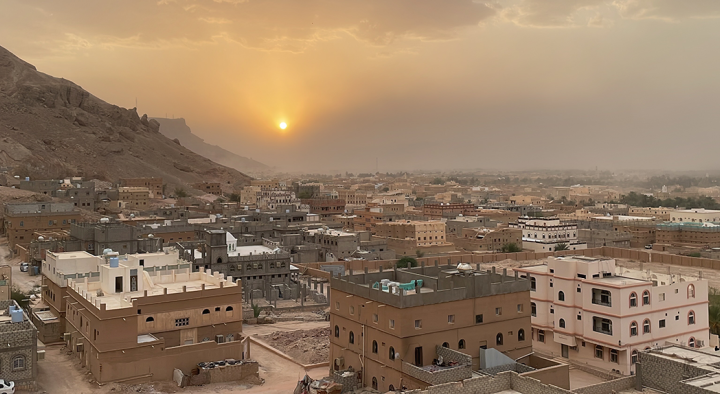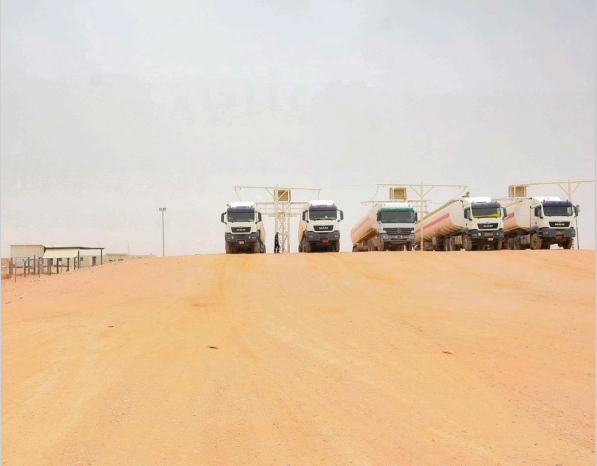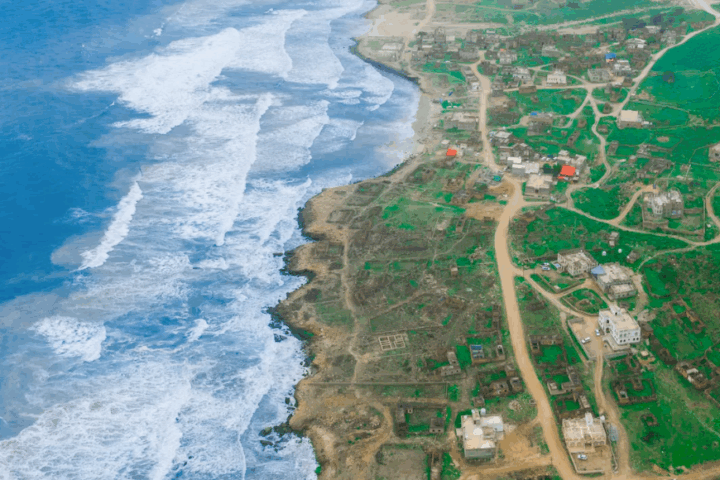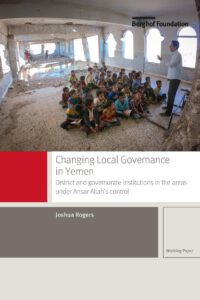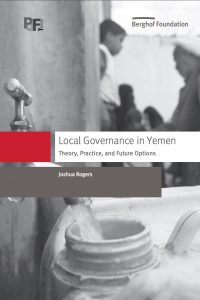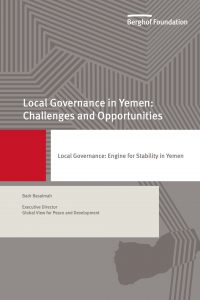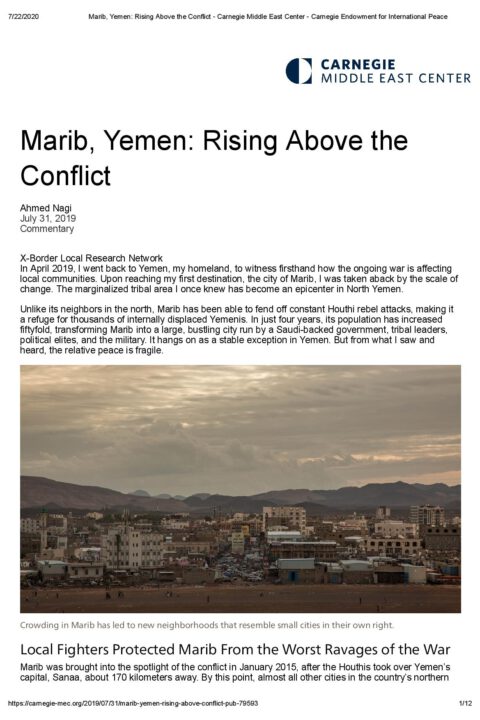
Short report on the situation in Marib, stressing positive local developments and risks to local stability
In April 2019, I went back to Yemen, my homeland, to witness firsthand how the ongoing war is affecting local communities. Upon reaching my first destination, the city of Marib, I was taken aback by the scale of change. The marginalized tribal area I once knew has become an epicenter in North Yemen.
Unlike its neighbors in the north, Marib has been able to fend off constant Houthi rebel attacks, making it a refuge for thousands of internally displaced Yemenis. In just four years, its population has increased fiftyfold, transforming Marib into a large, bustling city run by a Saudi-backed government, tribal leaders, political elites, and the military. It hangs on as a stable exception in Yemen. But from what I saw and heard, the relative peace is fragile.
Other resources you may be interested in:
The Hadhramawt National Council: A strategic move or a tactical reaction?
Discussion of the HNC’s potential to serve as an inclusive platform for Hadhrami aspirations and its challenges in establishing a clear strategic direction, while analysing whether it represents a strategic initiative or a tactical response to regional and local dynamics. The paper recenters HNC’s main role as to unify various Hadhrami movements advocating for greater […]
Recovering Lost Ground in Shabwa’s Oil Sector
Policy brief highlighting the pivotal role of the governorate of Shabwah in Yemen’s oil sector. It criticises the predominant role of international oil companies and the central government in Shabwah’s oil sector, and proposes a localisation, including the establishment of a local oil refinery, to meet local demands and to become more sensitive to developmental, […]
Extreme Weather and the Role of Early Warning Systems in Yemen: Al-Mahra as a Case Study
Policy brief on the effects of extreme wheather events in Al Mahra, exploring the perception of Mahrawis on the impact of climate change on agriculture, infrastrucure and their personal lives. Recommendations include ways for local authorities to develop an emergency response strategy in order to improve their ability to deal with (the aftermaths of) extreme […]


